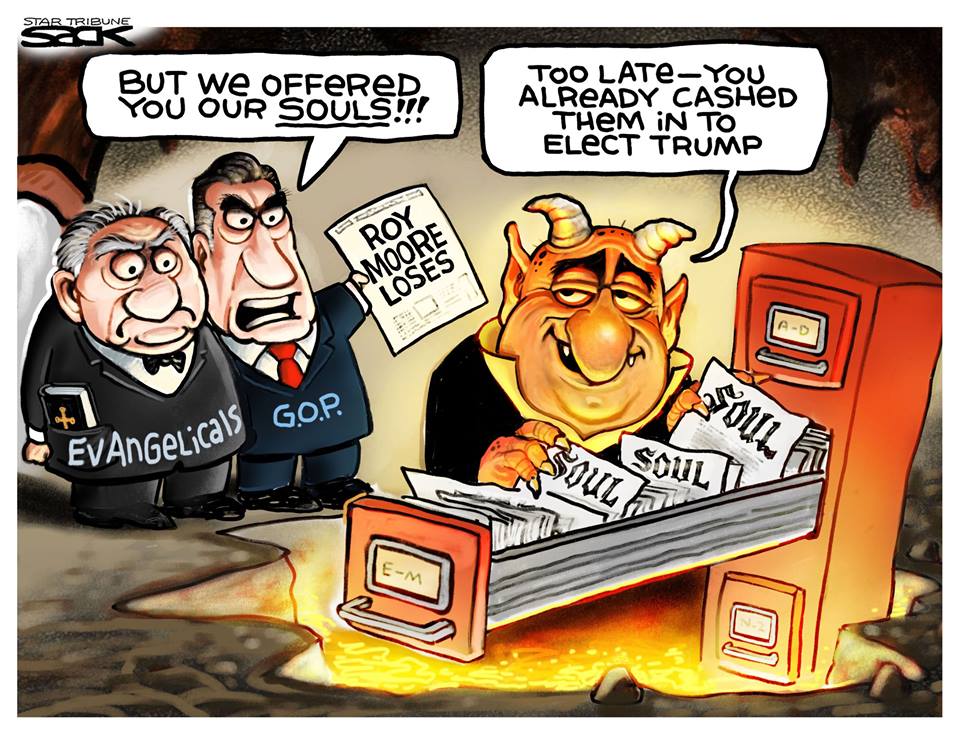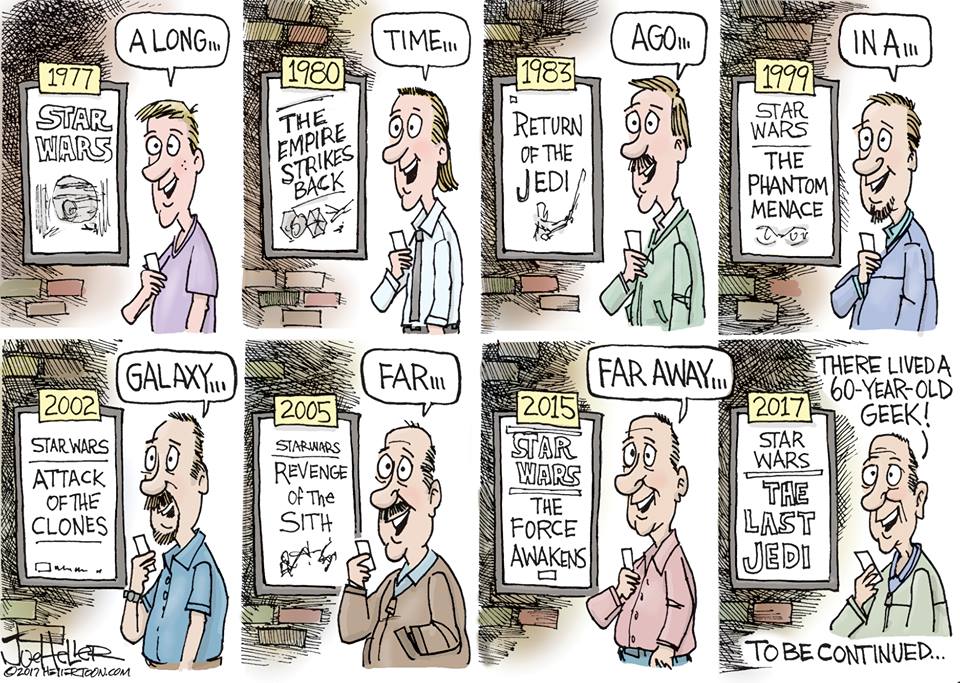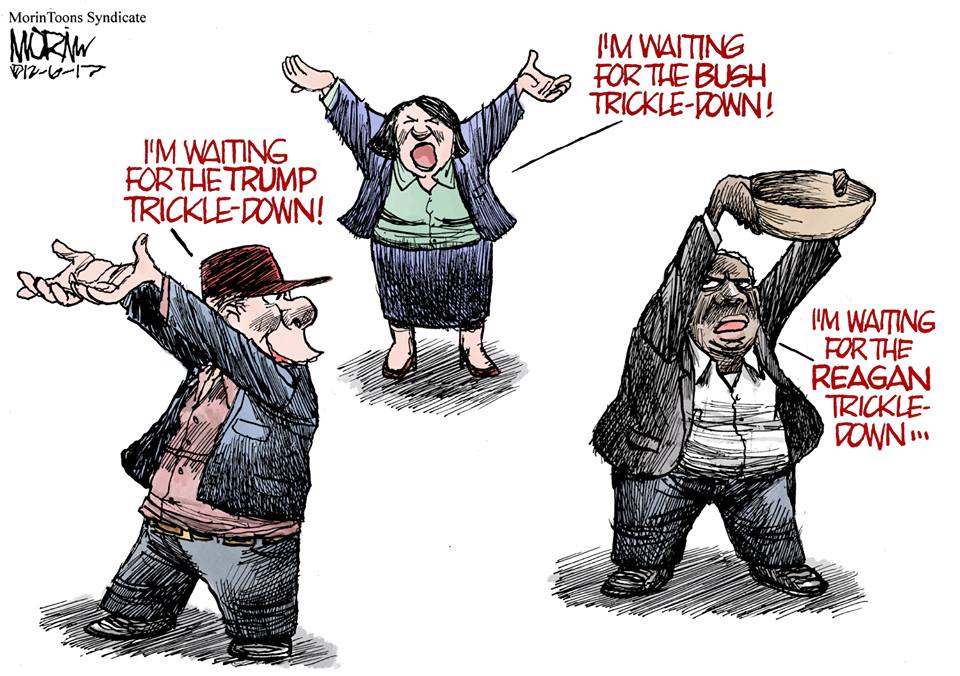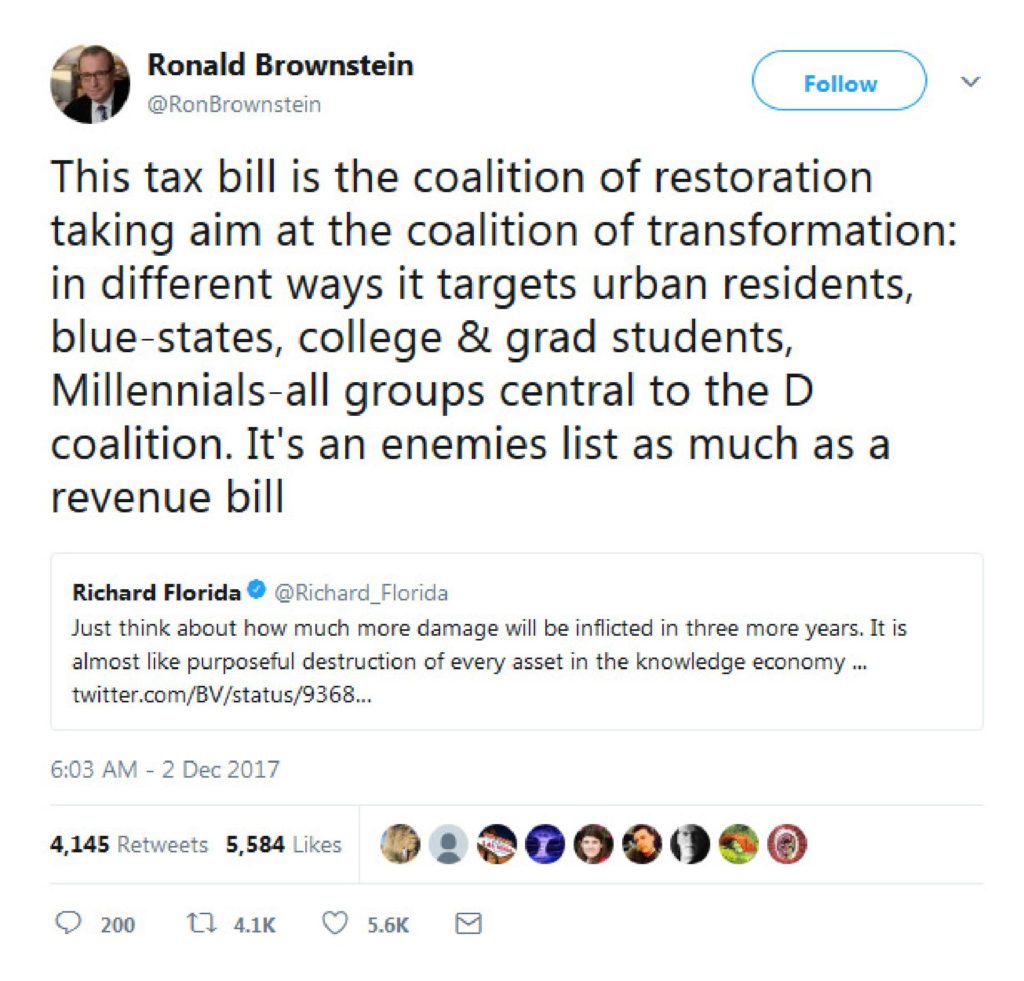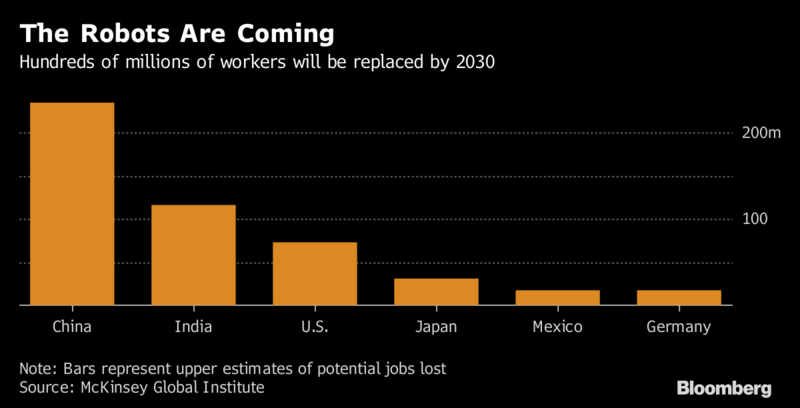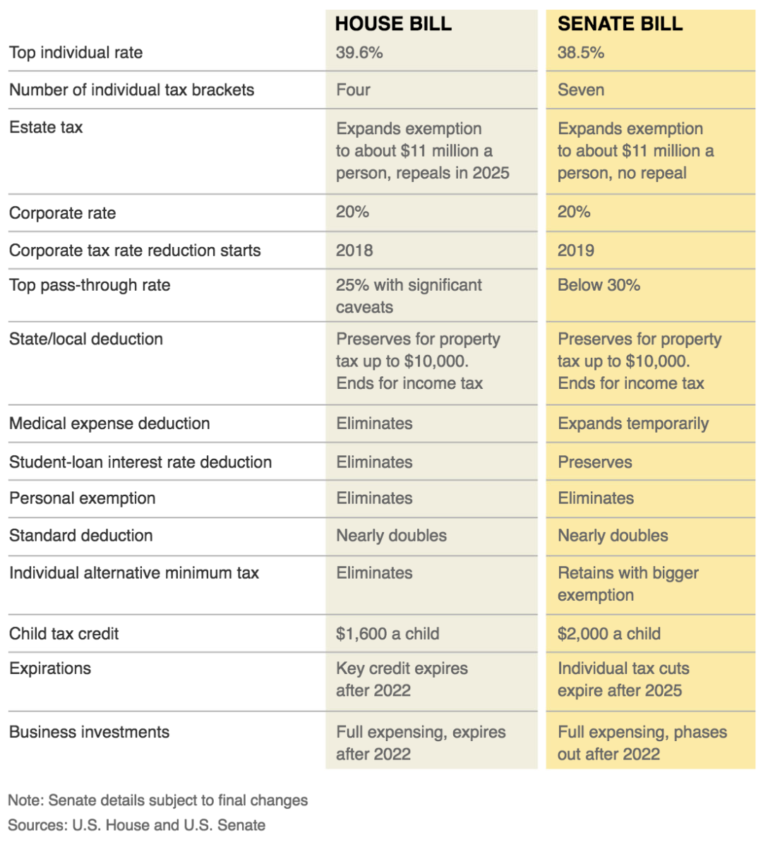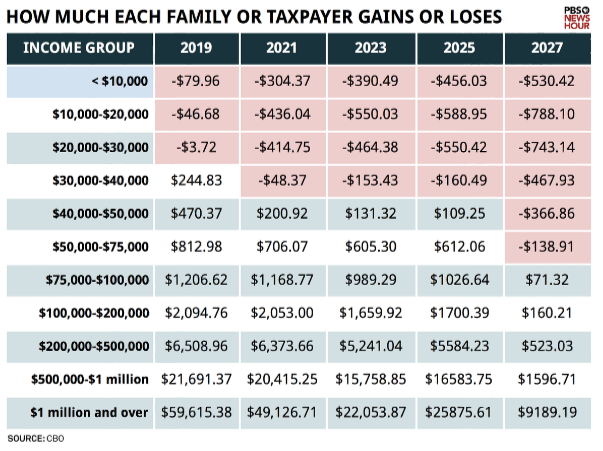The Daily Escape:

Sunrise, Island Park ID, November 2017
The WSJ’s Weekend Edition had an article about the cultural and economic split between small towns and big towns in America. In “One Nation, Divisible”, Michael Phillips follows a young woman, Caity Cronkhite, who left rural Indiana for San Francisco. Caity recalls:
All growing up, if we were too smart or too successful or too anything, there was always someone ready to say, ‘Don’t be so proud of yourself’…
Caity was smart. She bucked the system to graduate from high school a year early, but the school would not let her be named valedictorian, because she had skipped a grade. She left town, got a scholarship to Carnegie-Mellon, graduated and became a technical writer for SalesForce.com.
Still, she remained attached to her home town. She wrote an online 5000+ word essay about Kingman IN. It brought thousands of hateful responses from Kingman, including:
So keep your elitists’ rear ends in your little office cubicles while we handle the tough, physical things that keep you and your perfect friends alive…
That anger about town vs. city brought to mind Merle Haggard’s 1969 tune, “Okie from Muskogee”. Haggard and the band were on a bus outside of Muskogee when a band member joked that the citizens in Muskogee probably didn’t smoke marijuana. In about 20 minutes, Haggard had the song. The band played it the next night at the Fort Bragg, NC officers club. And after the verse:
We don’t burn our draft cards down on Main Street,
We like living right and being free.
The officers stood and gave huge applause. They had to play the song four times to get offstage. The song later went to number one on the Billboard country music charts. At the time, Reuters reported: (emphasis by Wrongo)
Haggard has tapped, perhaps for the first time in popular music, into a vast reservoir of resentment against the long-haired young and their underground society.
So in 2017, a young woman worries about being accepted in her small home town after finding success while living in San Francisco. While 48 years earlier, “Okie” was telling small town America to have pride, and that it was ok to be for the Vietnam War, and against student protesters.
These two events made Wrongo think about the roots of today’s fractious sociopolitical divide in America.
People in small towns have to fit in, the place is too small to look different, or subscribe to ideas that are outside the main stream in their town’s culture. If they do, the local hierarchy has ways of enforcing conformance with the dominant ethos. People insist that you should fit in. They think that everybody should fit in, and they don’t understand why there are places in America that don’t operate that way.
Haggard’s hit brought small-town America self-identification and pride. And it galvanized the “us” vs. “them” attitudes in small-town USA that were opposed to the growing counter-culture of the 1960’s, and the student opposition to the Vietnam War.
Americans always gather into relatively small groups. People in cities have misconceptions about small town life, just like rural Americans have them about cities.
The nature of today’s politics, and the nature of group identity in America pushes us into sparring camps. You can call it your “tribe”, your “people”, or your “team”, but groups in small-town America have a well-defined sense of identity. It is different from the identity politics in big-city America, where there are hundreds of examples of people of many different groups. Large metropolitan areas are much more diverse, but they are also knitted together by a transcendent identity with place.
Ms. Cronkhite’s parents planned on selling the farm and retiring, but Caity wasn’t ready to let it all go:
If I ever have kids, they’re never going to understand this huge part of me…I want there to be a reminder of where I come from and who I am.
Her parents sold her about 10 acres for the per-acre price her father had paid in 1972. Caity plans to build a small house. She said:
I’m still a rural American.
But she doesn’t plan on moving back just now. Fewer and fewer of us are rural Americans, and while those societies shrink, no dominant identity is replacing it.
But the sometimes-toxic sociology of small groups, or Merle Haggard’s sentiments, can’t be allowed to destroy what America has in common. In fact, appropriation of culture and patriotism by one tribe is a threat to our common good. Thus when Haggard says:
We still wave Old Glory down at the courthouse,
He’s misappropriating, since every town has always flown Old Glory at the courthouse, and wouldn’t dream of taking it down.
Time to wake up America! Fight the appropriation of our symbols and ideals. To help you wake up, here is Merle Haggard with “Okie from Muskogee”:

